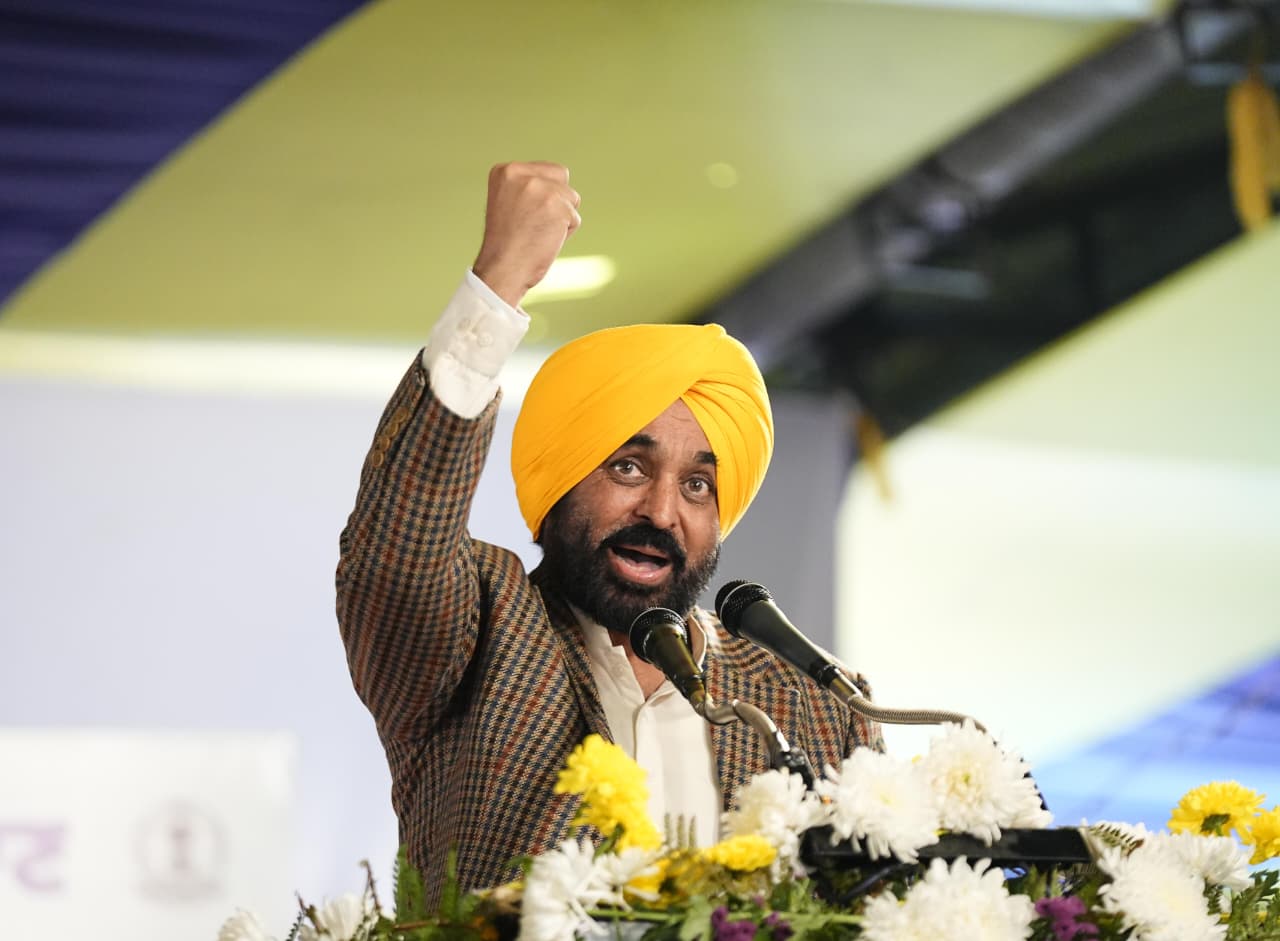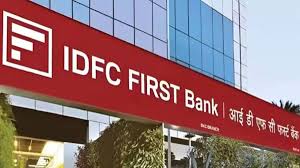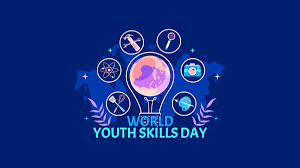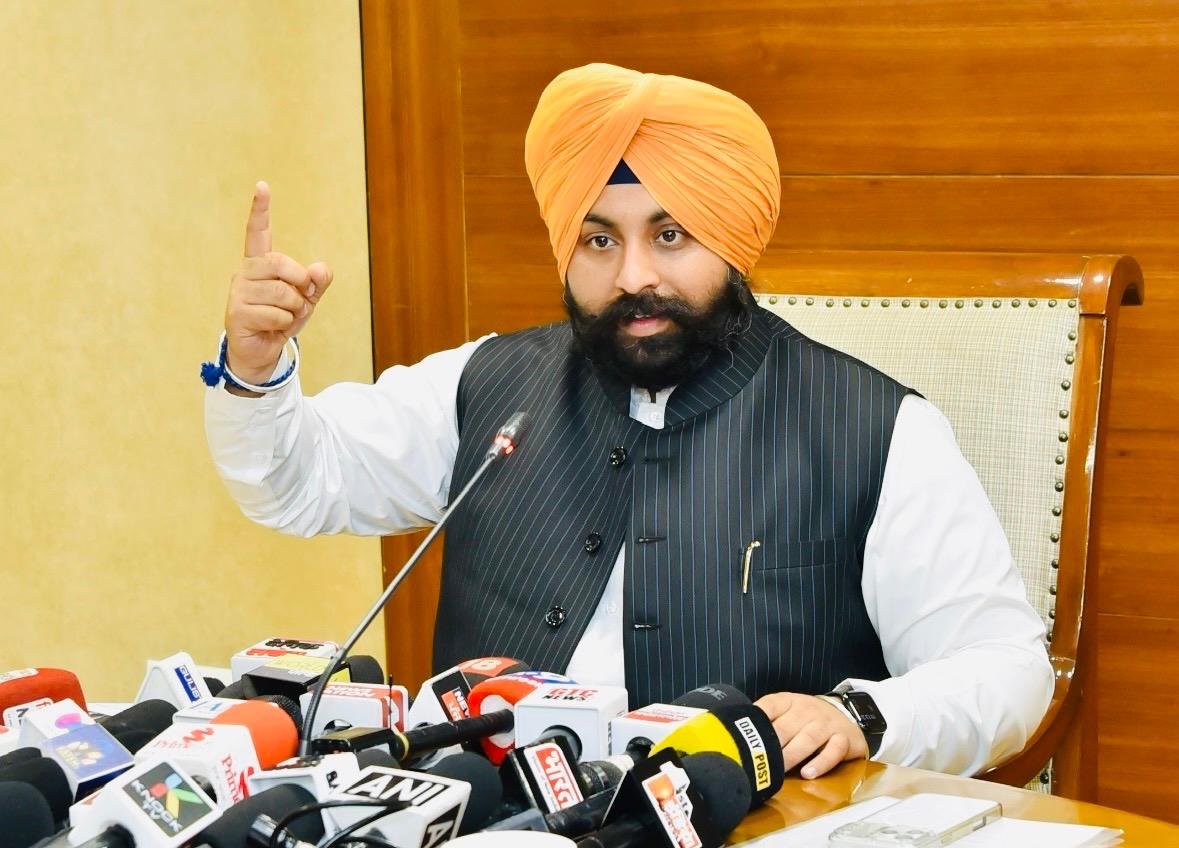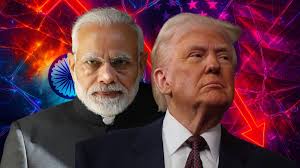Listen To This Post
World Youth Skills Day
Written By: DINESH SOOD Thenewsdose.com
Last Updated: July 15,2025,1.05PM
The challenge today is not only to train youth in new-age skills but to empower them with the capability and confidence to earn—to become “creators of opportunity, not just seekers of employment.”
As the world commemorates World Youth Skills Day 2025 on July 15, the spotlight is on a critical, future-defining agenda: “Youth Empowerment through Artificial Intelligence and Digital Skills.” The theme isn’t just a slogan—it’s a clarion call to reimagine how we skill the young, especially in a country like India, where over 50% of the population is below the age of 25, and nearly one crore youth enter the job market each year.
The challenge today is not only to train youth in new-age skills but to empower them with the capability and confidence to earn—to become creators of opportunity, not just seekers of employment. The future belongs not just to the skilled but to those who can monetise those skills with entrepreneurial flair, digital agility, and real-world problem-solving. And that is where India must lead a silent revolution.
Why Skilling Alone Is Not Enough Anymore
Over the past decade, India has made significant progress in expanding skill education through the Skill India Mission, National Skill Development Corporation (NSDC), and a network of over 15,000 Industrial Training Institutes (ITIs). Yet, according to the Periodic Labour Force Survey (PLFS) 2023-24, unemployment among youth (aged 15–29) remains at an uncomfortable 17%, and less than 5% of the Indian workforce has received formal vocational training.
Why this disconnect? Skill learning, in isolation, lacks economic validation. Most students complete these programs without any clear pathway to income. The skills acquired remain underutilised or untested in the market. Without embedding earning outcomes, these courses fail to excite, inspire or retain young learners.
Skilling our youth without enabling them to monetise those skills merely fosters frustration, not freedom. A report by the World Bank also highlights that in developing economies like India, youth employment prospects increase by over 40% when skill education is combined with live enterprise or apprenticeship models.
What the youth need is not just education for employment, but education for enterprise. They need an environment where learning leads to immediate earning, where skills convert into cash flow, and where the classroom becomes a launchpad for ideas, not just a rehearsal space for exams.
Panjab University’s Bold Experiment: A Skill-Education Breakthrough
In one of the most forward-looking reforms in higher education, Panjab University (PU), Chandigarh, is set to roll out a credit-based Entrepreneurship Mindset Curriculum from the academic year 2025–26. The initiative will impact over 200 affiliated colleges across Punjab, starting with students from arts and commerce streams, and soon extending to BBA, BCom, BVoc, and BTech courses.
But what makes this initiative unique is not just its academic content—it’s the shift from theoretical learning to income-generating action. PU will mandate students to meet semester-wise revenue targets, starting from ₹10,000 in the first semester to ₹8 lakh by the sixth semester, effectively creating a structured, step-by-step path from idea to income.
Each student will undertake real projects, collaborate in teams, identify customer segments, and sell products or services using AI-enabled tools, digital platforms, and field immersion. The curriculum includes 12 weeks of guided action per semester (4 hours per week), carrying 2 academic credits.
Assessments are also designed with a business lens, with 30% weightage for actual income generated or customer reach, 40% for execution and project deliverables, 15% for learning reflections, and 15% for final pitch presentations.
PU is also facilitating institutional support, including startup incubation, mentorship, funding access, and venture tracking, ensuring that these student-led initiatives don’t end with assignments but evolve into real enterprises. This is not just skilling. It is entrepreneurship in motion.
Aligning with National Vision and Global Goals
This model directly addresses India’s ambition under the National Education Policy (NEP) 2020, which envisions skill integration, innovation, and entrepreneurship as key pillars of higher education reform. It also aligns with India’s G20 Youth Policy Track, where AI, digital economy, and entrepreneurship were top themes in shaping a future-ready workforce.
Under the National Education Policy (NEP) 2020, integrating vocational and entrepreneurial training within mainstream education is a core recommendation. Similarly, the Ministry of Skill Development & Entrepreneurship (MSDE) is working under the SANKALP scheme to develop model curricula that blend domain expertise with industry demand.
The approach aligns with the United Nations Sustainable Development Goals (SDGs), specifically SDG 4: Quality Education, SDG 8: Decent Work and Economic Growth, and SDG 9: Industry, Innovation, and Infrastructure.
Globally, similar models are emerging, including Germany’s dual education system, the UK’s T-Levels programs, and Australia’s apprenticeship-in-degree pathways. However, Panjab University’s version takes it a step further by embedding actual earnings within the academic framework, making it uniquely Indian and deeply transformative.
It is also in sync with the 2025 theme of World Youth Skills Day. By placing AI and digital tools at the centre of this curriculum, PU is building not just future-ready students but potential tech-enabled entrepreneurs who can disrupt local economies, e-commerce landscapes, and digital service sectors from Tier-2 and Tier-3 towns.
Time to Replicate and Scale Across India
What Panjab University has begun must now be seen as a model for nationwide replication. State universities, vocational colleges, private institutions, and even ITIs must embrace the idea of learning to earn. And this need not be limited to commerce or business streams—students of science, humanities, agriculture, and even fine arts can apply these principles to create value, build products, and offer services.
To accelerate this transformation, five concrete steps are recommended. First, a policy push is necessary: UGC and state education boards must encourage the development of similar credit-based entrepreneurship curricula. Second, Digital Enablement: AI tools, gig platforms, and online marketplaces must be part of skill pedagogy. Third, Mentorship Networks: Partnerships with startups, banks, and incubators to provide real-world exposure.Fourth, Venture Capital Access: Student ventures with promise should be eligible for seed funds, even while they’re still in college. Fifth, Localised Skilling: Tailor earning pathways to regional economies—handicrafts in Punjab, tourism in Himachal, agritech in Haryana.
Learners to Earners, Students to Employers
World Youth Skills Day 2025 is a reminder that the time for incremental reform is over. India’s youth don’t just need more training—they need relevant, revenue-generating education. By integrating earning outcomes into the learning process, we can break the cycle of joblessness, restore dignity to vocational education, and build a generation that is not only employable but also economically self-reliant. The time has come to reject the age-old binary of “study now, earn later.” The new mantra is: learn now, earn now.
Panjab University’s bold step—from classroom to cash flow, from syllabus to startups—must serve as a national inspiration. Only when skill learning is empowered with earning, will India truly unlock the promise of its youth—and take confident steps towards becoming the global skill capital of the 21st century.
: The writer is a Co-Founder and MD of Orane International, a Training Partner with the National Skill Development Corporation (NSDC), and a Network Member of, India International Skill Centres(IISCs), an initiative of GoI. Views are personal.







